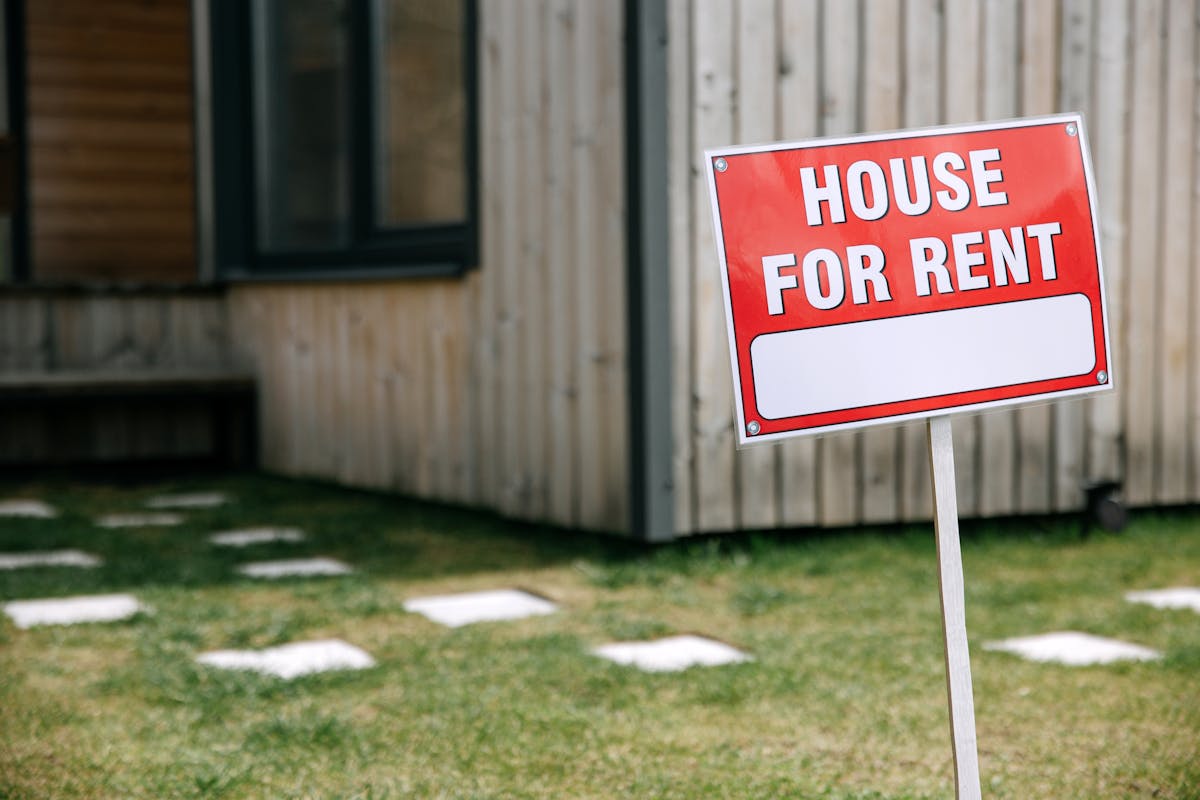Kansas
Kansas Landlord Charging me 200 Dollars More Than Base Rent

Dealing with rental issues can be challenging, especially when your Kansas landlord charges you more than the agreed base rent. If you’re facing an extra charge of $200 or more, it’s crucial to understand your rights and options. This article breaks down what you need to know about rental agreements, tenant rights, and how to address potential overcharges.
Understanding Kansas Tenant Rights
Overview of Tenant Rights in Kansas
As a tenant in Kansas, you have specific rights under state law. The Kansas Residential Landlord and Tenant Act outlines these rights, providing protection against unfair practices. Tenants are entitled to safe and habitable living conditions and the right to privacy. Additionally, landlords must provide a clear statement of the rent due and any additional charges.
Legal Protections Against Overcharging
Kansas law mandates that landlords cannot charge more than the amount stated in the lease agreement. If you notice your landlord charging you $200 more than the agreed rent, this may be illegal. Tenants have the right to challenge these charges, and they should document any discrepancies.
What to Do If You’re Charged Extra Rent
Steps to Address Overcharges
If you discover that your Kansas landlord is charging you more than your base rent, follow these steps:
- Review Your Lease: Start by reviewing your rental agreement. Ensure that the rent amount listed is correct.
- Communicate with Your Landlord: Open a line of communication with your landlord. Politely inquire about the extra charges and seek clarification.
- Document Everything: Keep records of all communications, including emails, texts, and written notices. Documentation will be helpful if you need to take further action.
- Seek Mediation: If communication fails, consider seeking mediation services. Local housing authorities often provide mediation to resolve disputes between landlords and tenants.
When to Seek Legal Advice
If your landlord refuses to correct the charge or provide a valid explanation, it may be time to seek legal advice. An attorney specializing in landlord-tenant law can help you understand your options. They can guide you through the process of filing a complaint if necessary.
Kansas Landlord-Tenant Laws
Key Regulations Affecting Rent Charges
Kansas has specific regulations that dictate how much rent can be charged and the conditions under which it can be increased. Here are some key points:
- Notice of Rent Increases: Landlords must provide written notice of any rent increase at least 30 days in advance. If this was not done, you may have grounds to dispute the charge.
- Security Deposits: Kansas law regulates how much can be charged for a security deposit, typically no more than one month’s rent. If your deposit is unreasonably high, this might also be a violation.
Residential Lease Agreements in Kansas
A residential lease agreement should clearly outline the rent amount, payment due dates, and any additional charges. If these details are unclear or if your landlord deviates from them, it can lead to misunderstandings. Always ensure your lease is in writing and that you understand all terms before signing.
How to File a Complaint
Process for Rent Overcharge Complaints
If you find yourself in a situation where your Kansas landlord is overcharging you, filing a complaint can be a necessary step. Here’s how to do it:
- Contact the Local Housing Authority: Report the issue to your local housing authority or tenant’s union. They can provide guidance on next steps.
- Gather Evidence: Compile all documentation, including your lease, any correspondence with your landlord, and proof of payment.
- Submit a Formal Complaint: Some housing authorities allow you to file complaints online. Make sure to include all relevant information and supporting documents.
Resources for Kansas Tenants
Table of Useful Resources
| Resource | Description | Contact Information |
|---|---|---|
| Kansas Attorney General | Provides legal resources and guidance | Kansas AG Website |
| Kansas Legal Services | Offers free legal help to low-income residents | Kansas Legal Services |
| Local Housing Authority | Assists with tenant-landlord disputes | Find Local Office |
Conclusion
Protecting Yourself in the Kansas Rental Market
Navigating rental agreements can be complicated, especially when faced with unexpected charges. Understanding your tenant rights in Kansas is crucial. If you find yourself in a situation where your landlord is charging you $200 more than your base rent, take action. Communicate openly, document everything, and don’t hesitate to seek legal assistance if necessary. Remember, knowing your rights is the first step in protecting yourself in the rental market.

-

 Tech2 months ago
Tech2 months agoTwastia.com: Your Go-To for Digital Solutions
-

 Delaware3 months ago
Delaware3 months agoNew Castle Beer: A Delaware Favorite and Its Rich History
-

 California3 months ago
California3 months agoCosts of Root Canal in Berkeley, Oakland, and Across California
-

 Features2 months ago
Features2 months agoCleetus McFarland Net Worth in 2024
-

 California3 months ago
California3 months agoWhere to Buy Kangertech T3S Coils in Oakland, California: Best Options
-

 Idaho3 months ago
Idaho3 months agoRake Up Boise 2024: Guide to Idaho Community Cleanup Event
-

 Texas3 months ago
Texas3 months agoDallas Cowboys Helmet: A Texas Icon and NFL Legacy
-

 Alaska2 months ago
Alaska2 months agoAre Wintergreen Plants in Alaska Edible?






